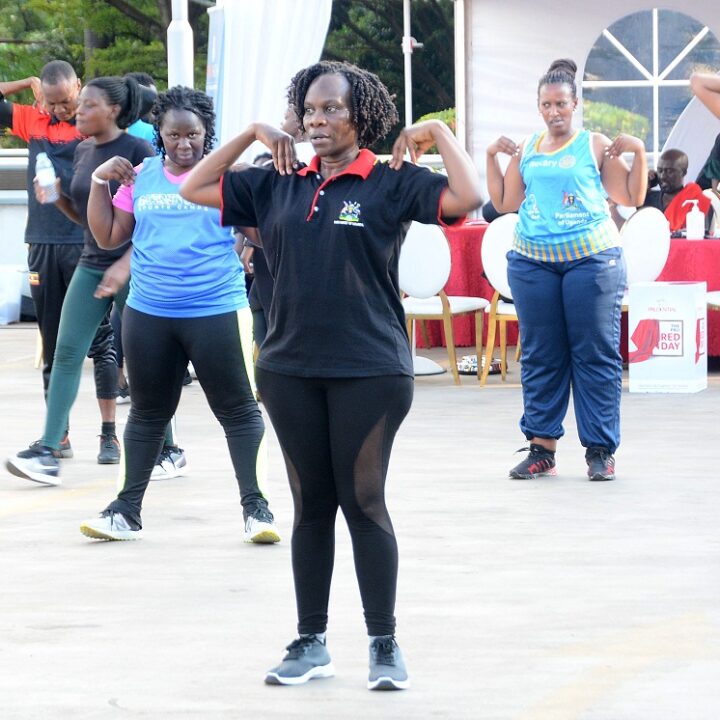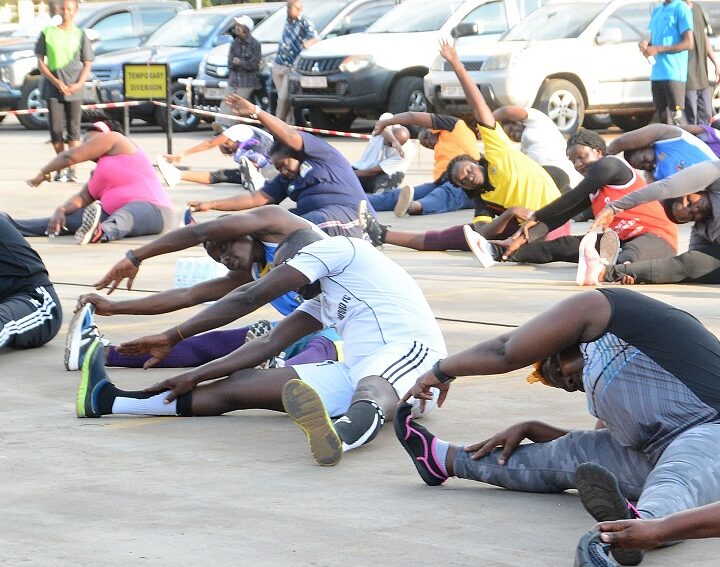Four things that will boost your mental health without paying for therapy
Therapy is expensive. Here are some things you can do to manage your mental health in the meantime.
Mental health struggles aren’t something to take lightly. When experiencing symptoms of depression or anxiety, seeking therapy can help you establish a treatment plan. But what are you supposed to do if you can’t afford it? Even with sliding scale payments, it’s expensive. Online therapy services like BetterHelp and Talkspace make it more affordable, at around $60 to $90 per session. However, that’s still not in the budget for many people.
Therapy will always be the gold standard for mental health treatment. Though circumstances can make it temporarily impossible. These four strategies improve your mental health without spending any money.
1. Use mental health apps to track daily progress
Mental health apps offer resources to people who otherwise couldn’t get them. While they’re not a substitute for therapy and can’t diagnose conditions, mental health apps like Moodfit and Sanvello are great tools to use on your mental wellness journey. The best mental health apps will help you relieve stress and anxiety and teach you how to manage symptoms in the future.
There’s a lot of variety in what these apps offer and the features that are built in. Many offer a great catalog of educational resources to help you learn about conditions and adapt coping strategies to manage them daily.
Mental health apps can also be a reminder to check in on yourself. Most send push notifications throughout the day, which can be used as an indicator to stop and assess how you’re feeling.
2. Implement cognitive behavioral therapy strategies on your own
Cognitive behavioral therapy is commonly used to treat depression, anxiety and addiction. CBT strategies and tools are intended to be taken outside of therapy sessions and used in daily life.
It’s called self-directed therapy. Again, it isn’t a replacement for traditional therapy with a professional, but it can supplement your mental health efforts when you don’t have access to talk therapy. This self-help strategy is best reserved for those with moderate symptoms that don’t affect daily tasks.
3. Stay connected to others
It’s important to connect with other people, especially those experiencing similar things. Studies show that connecting to others can provide a sense of meaning and purpose and decrease loneliness. Group therapy or support groups are typically led by a mental health professional or group leader and can be low-cost or free. Whether it be friends, family or strangers, sharing your feelings and experiences is essential.
4. Practice mindfulness and meditation
Meditation has a history that stretches back thousands of years, but it’s become an extremely popular stress-relieving practice in the last few. Mindfulness helps you become more attuned to what you’re feeling and thinking, which helps you manage your thoughts and emotions more effectively, rather than becoming overwhelmed by them. Mindfulness uses techniques like meditation and breathwork to improve your mental health.








